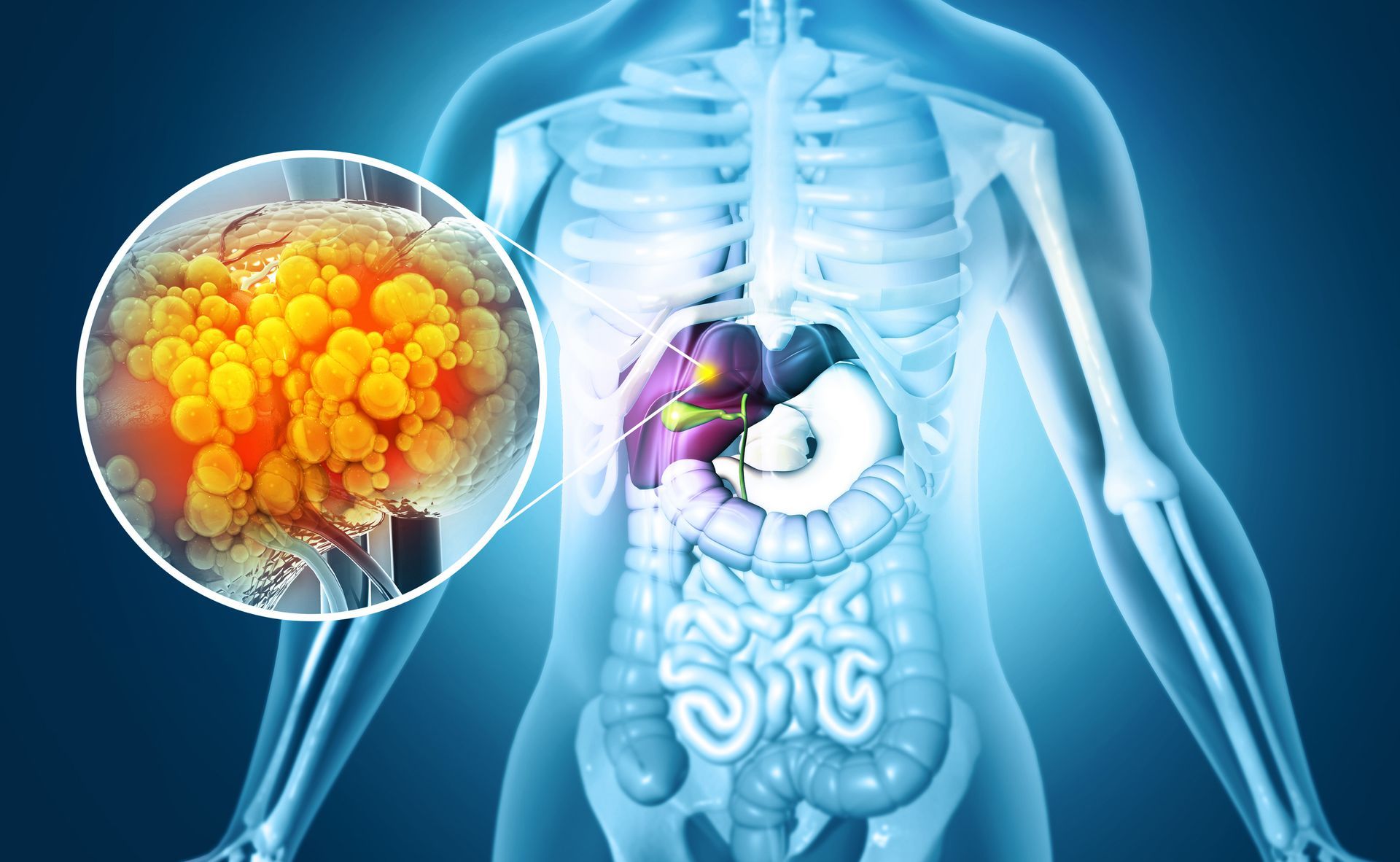Marianna, Florida Gastroenterology: What to Expect After a Colonoscopy
A colonoscopy is an important screening procedure for health and wellness in all adults 50 years of age and older. This endoscopic procedure can detect polyps, tumors, inflammation or any other abnormalities that are asymptomatic or otherwise undetectable by other tests. Your gastroenterologist will make sure that you are thoroughly prepared to handle the at-home preparation for this procedure, as well as the procedural steps of the colonoscopy, but you may still have some questions about what comes after.
How long do I have to stay on-site after my colonoscopy?
After the exam, it will typically take about an hour to recover from the sedative. You’ll remain at the clinic during this time. While the sedation wears off quickly, it can take up to 24 hours for the full effects of it to wear off. Because of this, you’ll need to take the day off work and avoid operating any machinery.
Can I drive myself home?
You will need to arrange transportation home after your colonoscopy. It is imperative that you don’t fight the effects of the sedative while it is still in your system. This procedure cannot be performed unless you have made travel arrangements.
Do I have to stick to the pre-colonoscopy diet?
Unless you have had a polyp removed during your colonoscopy, or your doctor advises you about your diet, you should be able to resume your normal eating habits immediately following the procedure. You may experience bloating, mild cramping, or the sensation of having gas, but these symptoms should not last very long.
Are there any post-colonoscopy side effects I should be aware of?
The feeling of gas or bloating in the abdomen will pass as soon as you can the air in your colon. In some cases, you may experience a trace amount of blood in your stool following a colonoscopy. However, if you begin to experience severe abdominal pain, fever, chills, or prolonged rectal bleeding, please contact your gastroenterologist immediately. These symptoms could indicate a complication that requires immediate attention.
For other questions or concerns regarding your upcoming colonoscopy, feel free to call the digestive health experts in Northwest Florida. The expert staff at Digestive Diseases Center has several locations and dedicated gastroenterologists to help you manage your digestive health.
CONTACT
850-763-5409
ADDRESSES
4 LOCATIONS
204 E 19th Street, B, Panama City
12216 Panama City Beach Pkwy, D, Panama City Beach
4295 3rd Ave, Marianna
101 Good Morning St., 109B, Port St. Joe
Subscribe to our newsletter:
subscribe to our newsletter
We will get back to you as soon as possible.
Please try again later.



